CCAC works with top design houses and state primary schools across the country. With the pilot and the demonstration programme behind us we are planning a period of sustained regional growth. Our partnerships cover enterprises in the communities in which our co-design collaborations lie and mutually supportive national organisations.
Schools
Primary schools are the nucleus of a radiating web of community activity. They are where children take their first steps into the wider world. Much of what children learn at school filters through to families and friends. The community picks up what is important to the younger, perhaps more imaginative mind, and the dialogue initiates wider enquiry and discussion. Although CCAC’s work is essentially with the schools, our work culminates with a presentation addressing both participants and the local community together with, where possible a public exhibition. We seek partnerships with state schools across the spectrum, but particularly in underserved areas.
You can find out more about recent examples of our co-design work at partner schools here…
Designers
We welcome designers from all disciplines. So far most have come from disciplines that have a close connection with the natural and built environments such as architects, urban and rural designers, engineers, and landscape architects but we have worked with fashion designers and will shortly commence with a product designer basing the co-design on food sourcing, preparation, and consumption.
The designers find the connection with young minds stimulating and rewarding. We work with all sizes of practice. Practices recognise the co-design connection with their Continuous Professional Development (CPD) and Environmental, Social and Governance (ESG) commitments.
Designers devote a day a week to the CCAC six-week programme.
Young V&A London
We have worked closely with the V&A from the outset. The museum team helped us with our original pilot, and we have watched the Museum of Childhood at Bethnal Green transform itself into the wonderful Young V&A. Now the V&A is going to mount a display in the John Lyons Community Gallery at South Kensington showcasing CCAC’s work and to use it as a case study to inform their Learning Programme. It opens in June 2024 and will run through into 2025.
“CCAC is an exciting, innovative, and visionary charity focused on exploring the sustainability challenge in a manner able to grasp the attention and passion of young people. Its education and co-production programmes entail an understanding of design principles which connect pupils and students to managing and alleviating climate change through equitable and highly creative approaches.”
Dr Tristram Hunt, Director of the Victoria and Albert Museum
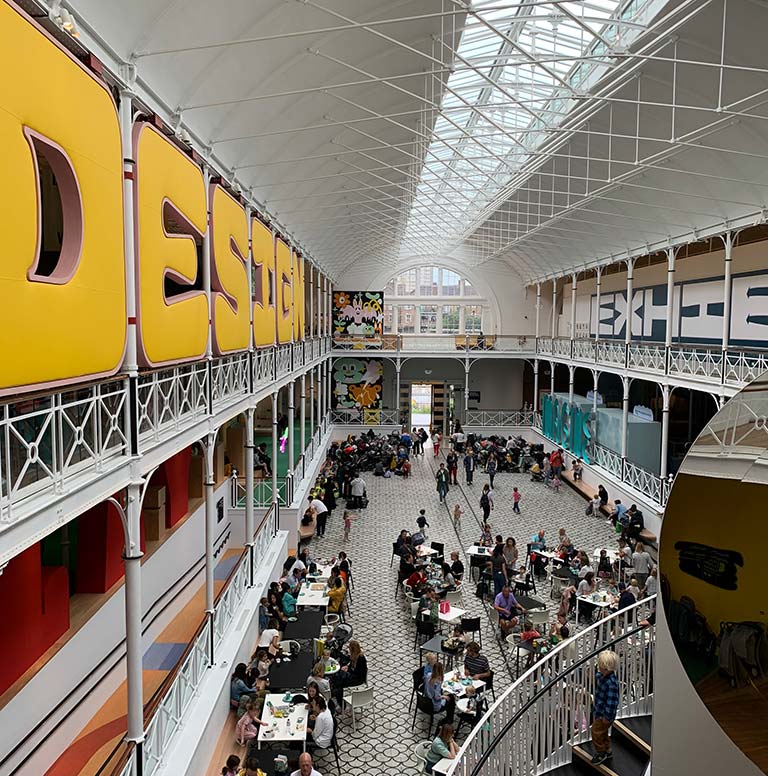
Special Advisors
CCAC is working in a complex and fast-changing milieu. Education, climate, technology, and society are all in flux and inextricably linked. We are building up a cohort of special advisors who will at some point coalesce into our advisory board.
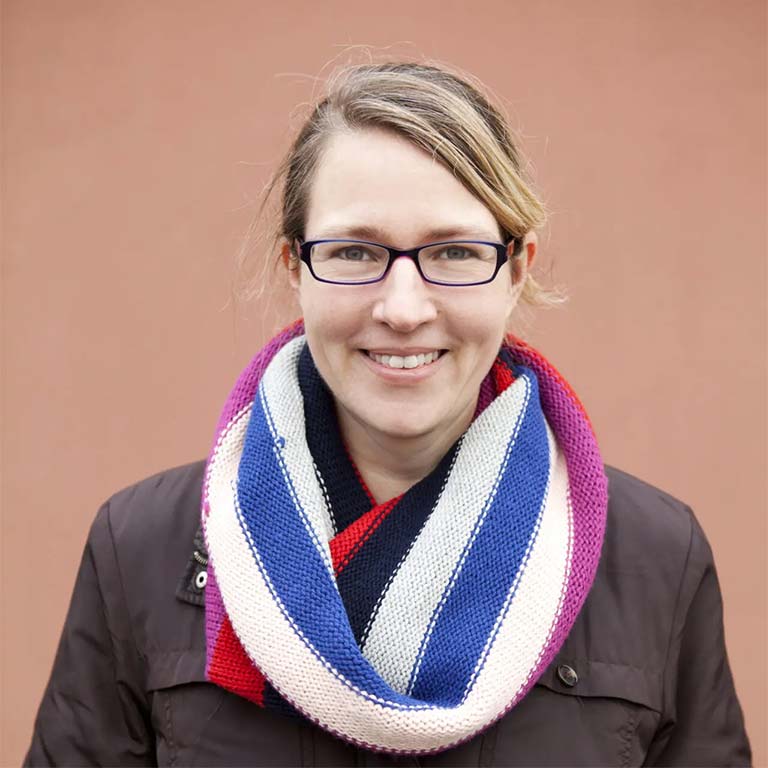
Iris Lapinski MSc FRSA
Expert in developing web-based educational charities and their governance
Berlin based Iris is the Lead Venture Coach at Bevisioneers, a global fellowship that equips innovators aged 16 to 28 with the training, expert support, and resources to bring their planet-positive projects to life. Previously she was executive director of B Lab Germany, a non-profit network transforming the global economy to benefit people, communities, and planet.
Iris set up and was CEO of award-winning charity, Apps for Good, an open-source education technology programme that lets students build apps and other digital products to solve problems they care about.
Iris holds a BA in Cultural Studies from the European University Viadrina Frankfurt, and an MSc in Human Rights from LSE. Iris is a Fellow of the Royal Society of Arts.
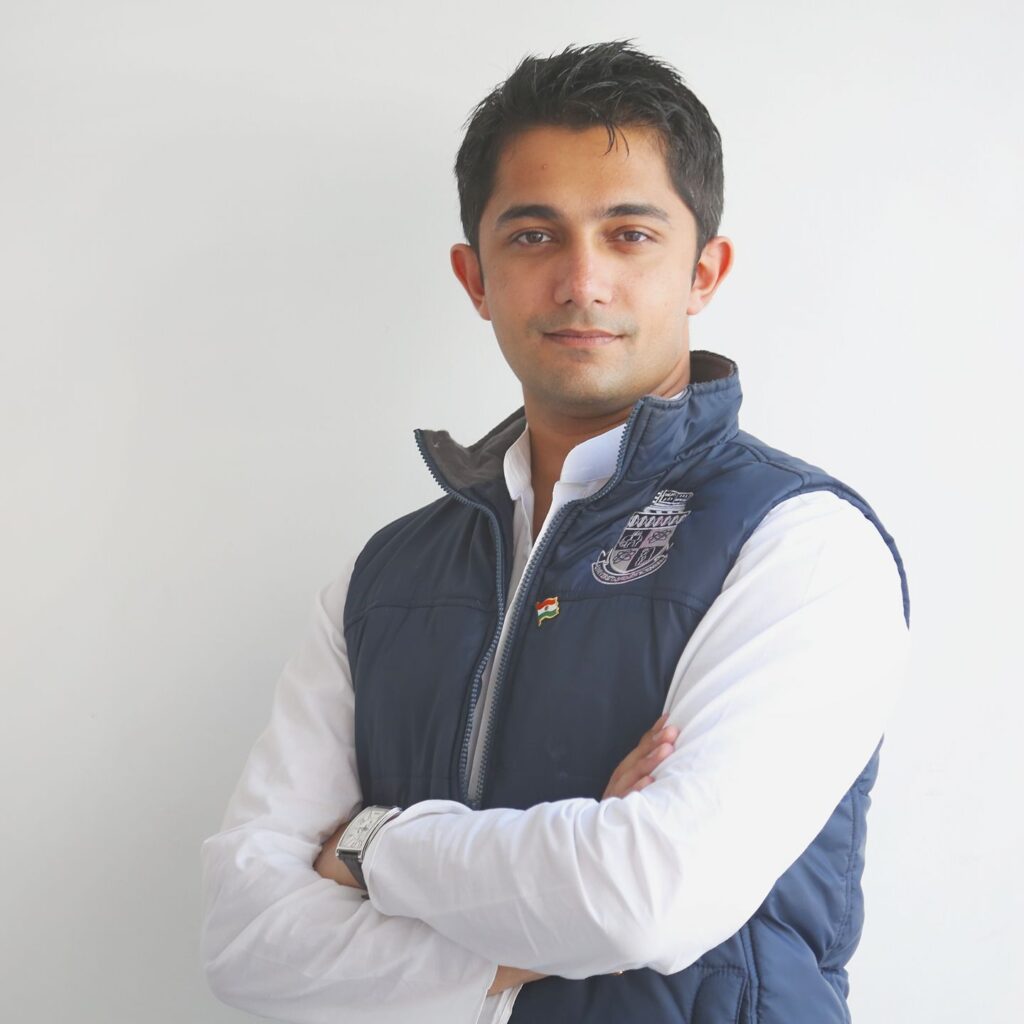
Aalim Javeri
Expert in international relations and community engagement
Aalim Javeri serves as the Chief Operations Officer of the All India Professionals’ Congress and is in charge of the administrative and operational functions of the AIPC, nationally. Aalim has extensive experience in parliamentary affairs and political action strategy. He also has work experience with the United Nations in India and in the field of private equity. Aalim has also worked with children undergoing rehabilitation for developmental challenges. In his spare time he is the host of an online cooking page for children.
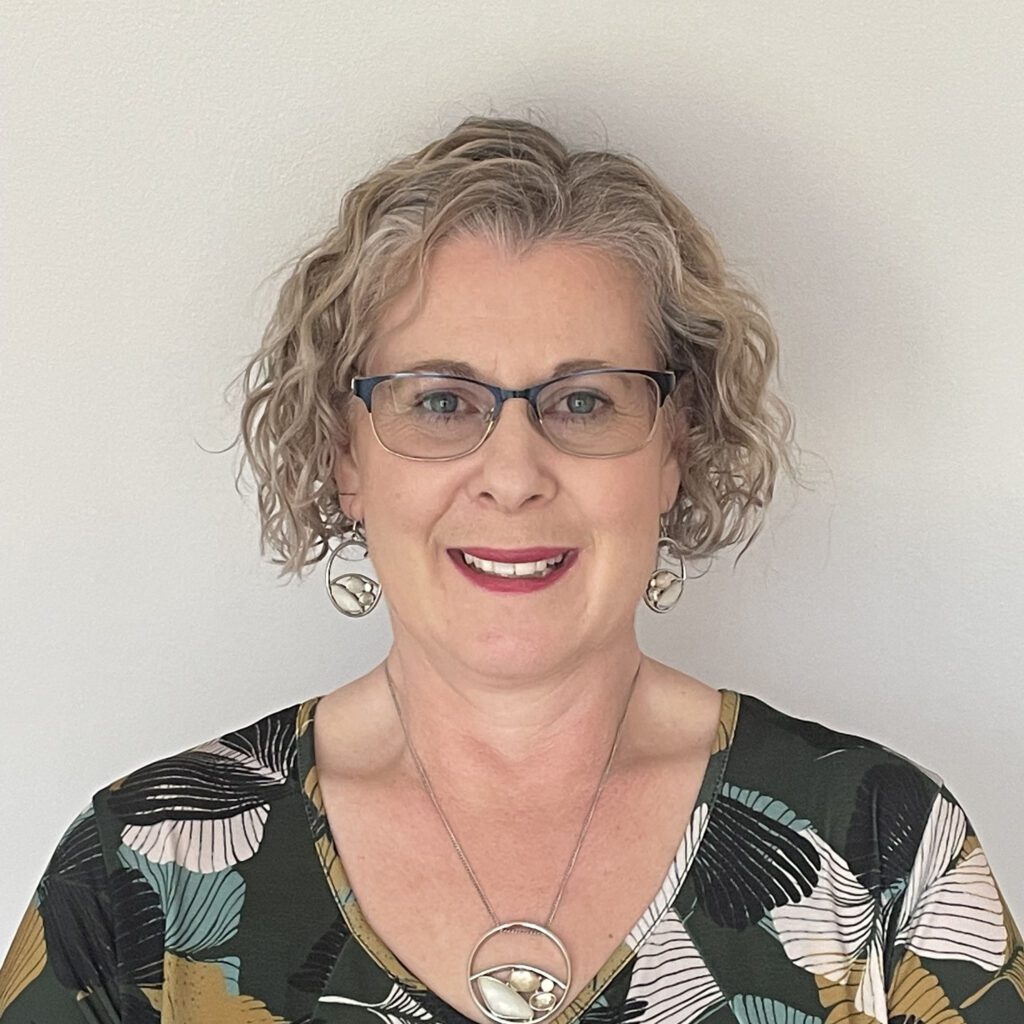
Dr Deborah Outhwaite SFHEA FRSA FCCT
Expert in the education system, with interests in leadership and sustainability
Deb Outhwaite has taught for 30 years at secondary, FE and HE. She is a Visiting Senior Fellow for Education in the Department of Social Policy at LSE; Director of Studies at the Centre for Higher Education Studies at the University of Liverpool; and the CEO of DTSA (a former teaching school, now a regional education charity) that trains teachers and provides STEM professional development in the East Midlands.
She is current Chair of BELMAS 2023-2026. She is a Fellow of the Chartered College of Teaching, Fellow of the Royal Society of the Arts, Fellow of CollectiveEd, Fellow of the Institute of Educational and Social Equity, and a Senior Fellow of the HE Academy.
She sits on the All-Party Parliamentary Group (APPG) for the Teaching Profession.
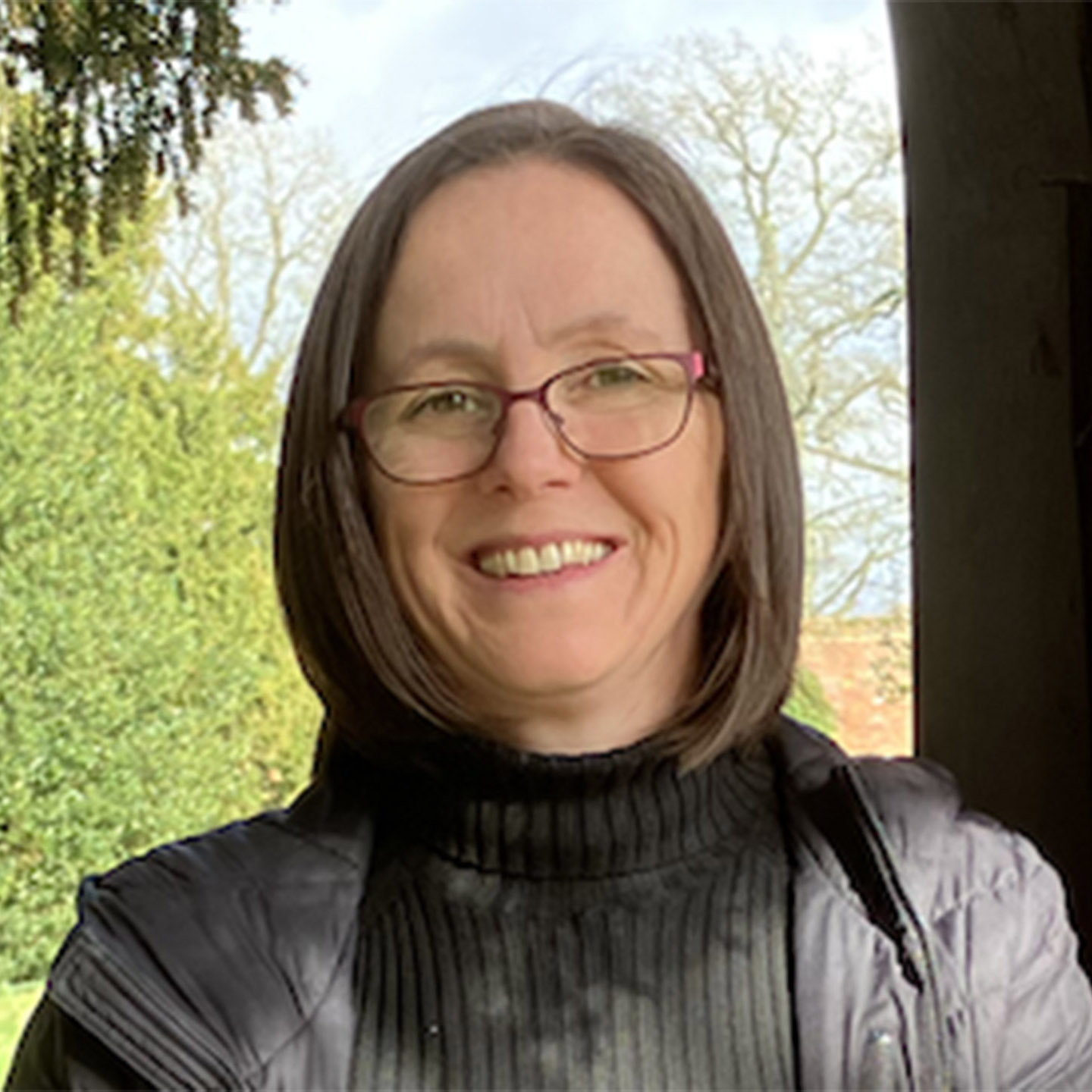
Emma Rawlings Smith CGeog, FRGS, FHEA
Expert in sustainability and geography education
Emma Rawlings Smith is a Lecturer in Sustainability and Geography Education at the University of Southampton. Her research interests include 11-18 geography education, teacher education, place-based education and sustainability.
Emma began her career teaching secondary Geography and Environmental Science before moving into higher education. While completing her PhD, Emma spent two years as a transport planning consultant. Prior to her role at Southampton, Emma lectured at the universities of Oxford and Leicester and was Director of Postgraduate Research for the School of Educational Sciences at Bangor University.
Emma is a Fellow, Chartered Geographer and trustee of the Royal Geographical Society (with IBG), Chair of the Geographical Association’s Teacher Education Phase Committee and member of the International Teacher Education Research Collective (ITERC).